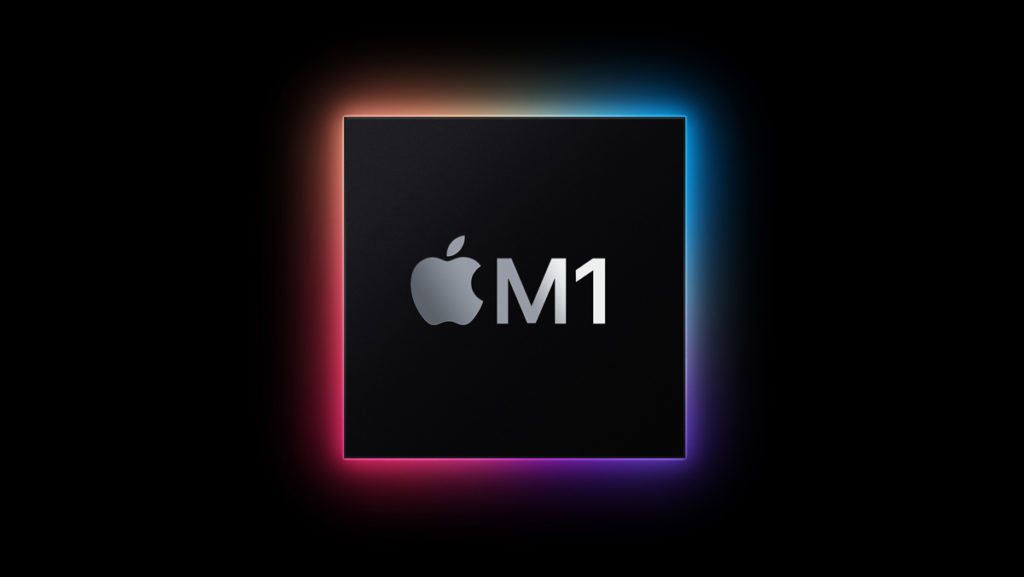Hmm.. need to bother with. Probably not. There aren't exactly a whole lot of ARM PC laptops out there, other than Surface Pro X, and a couple other one-offs.
That being said, I really do think mobile (laptop/ultrathin) devices are headed in this direction in a hurry. It's really hard to deny the battery life and TDP/performance benefits that ARM has brought to Apple. All the other device makers, which have always looked to Apple as the Gold Standard, are going to follow suit as soon as they can get ARM CPUs that are anywhere near the same specification. Of which, I am certain, nVidia will be more than happy to provide.
Microsoft, in typical Microsoft fashion - definitely knew about all of this early on. It was the entire reason behind Windows RT, and more recently, Surface X. But also in typical Microsoft fashion - in their rush to be first, they got ahead of the technology and the product was just so inferior it put a bad taste in everyone's mouth. I think because they saw the benefits early on, and they already have a software stack that's nearly there.... it wouldn't be a big push for them to get Windows ARM up to par and capable of running x64 programs in a compatibility layer. That said, I also fully expect Microsoft to dork it up a time or two before some third party nails it, then Microsoft will see how it should be done and fix their own effort to match.
Now that it's been done successfully, I think we will see a rapid pivot in that direction. And if Microsoft wants to remain the OS of choice on mobile devices, they will absolutely bother with it. Otherwise, your going to see, probably, a rise in ChromeOS. Yes, Windows compatibility is certainly important, but don't think that's the only thing that sells hardware - that only lasts so long without compelling hardware behind it. If you think backwards compatibility is a sure-fire thing and will weigh over other factors in perpetuity, ask IBM how their PC division is going.

